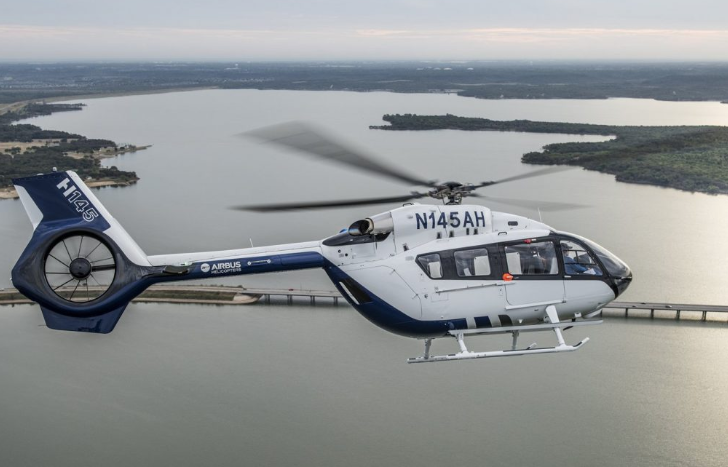
Features
Safety & Training
Standards & Regulations
Jones: Who gets hurt most by draft flight and duty time regulations?
March 27, 2018 By Fred Jones
The Helicopters Association of Canada (HAC) argues that our customers, especially our clients located in northern and remote communities, will suffer most.
 Photo Credit: airbushelicopters.ca
Photo Credit: airbushelicopters.ca The Helicopters Association of Canada (HAC) argues that our customers, especially our clients located in northern and remote communities, will suffer most. Even among all the other industry segments that will be adversely impacted by the proposed new regulations, Canadian Aviation Regulations (CAR) Subpart 703, Air Taxi Operations, would be the most adversely affected.
Recent estimates indicate that the current regulations will call for 30 to 50 per cent more helicopter pilots. Experienced flight crews are hard to come by in today’s regulatory climate, and the new regulations will aggravate the existing shortage of these crews at all levels of the commercial aviation community. Every spring and summer, I continue to receive calls from operators whose machines are on the ground due to a growing shortage of experienced drivers. When our industry starts to rebound, and new, more conservative flight and duty time regulations kick in, it will constrain the operations of our customers and, HAC would argue, put the cost of our services beyond the reach of many northern and remote communities.
I urge you to take a few minutes to explain our dilemma to your customers – to describe how we will have no option but to raise their rates in order to pass on the cost of these expensive new regulations. Transport Canada says they are “still listening,” but the possible changes that are currently under consideration focus on the very fringe of the oppressive regulatory provisions that will cause our industry segment the most harm.
Contact your customers in the First Nations communities you serve and tell them that your hourly costs are likely to rise precipitously during freeze-up and breakup. Explain to your oil and gas customers, as well as your mining and exploration customers, that you will be required to double-crew a Long Ranger or an AStar — or charge them for rotating your pilot out approximately every two weeks, rather than every three or four weeks.
If you are a MedEvac service provider, you should explain to the Ministry of Health why you will need to triple-crew or quadruple-crew a 24/7 operation, and why your dispatch reliability will diminish considerably as a result of the proposed regulations’ limitations.
Explain to all your customers that your flight crews in the bush will now be limited to an average of 4.8 flying hours, but in the context of an average 9.1-hour duty day during a 23-day tour. Tell them that Transport Canada has refused to recognize the recuperative value of five or more consecutive days off at home, and that they believe an 11-hour duty day spent in a hotel, watching TV, on a day where no flying occurs, is somehow relevant to the fatigue that your pilot experiences two weeks later.
Pilots will be hurt, too. Pilots should tell their crews why they can no longer go home for extended periods of time off between tours, and that they may be called upon more often to take shorter, more frequent periods of time off away from home. The “zeroing provisions” have been in place for about 20 years, to the benefit of helicopter operators, customers and pilots, but Transport Canada has seen fit to summarily remove them from the draft regulations published in the Canada Gazette.
There are a few kernels of science in the new regulations, but they are otherwise not science-based, nor do they reflect any operational experience in our industry, as Transport Canada has asserted. Simply put, they reflect an airline-centric model for managing flight and duty time limitations for flight crews, with some window dressings that allow the departmental staff to claim they have listened to the industry’s concerns.
Ultimately, all Canadians will pay for these misguided regulations. In other industry segments, underserved communities will receive even less service, and the cost of fresh fruit and vegetables will rise. HAC and others believe that they will not improve safety in the commercial aviation community, but will only serve to increase the cost of our services and the cost of air travel to the Canadian public as a whole.
Fred Jones is the president/CEO of the Helicopter Association of Canada and a regular contributor to Helicopters magazine.